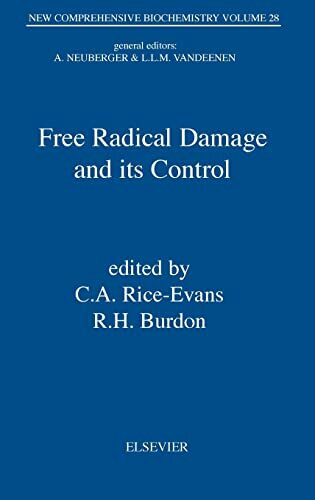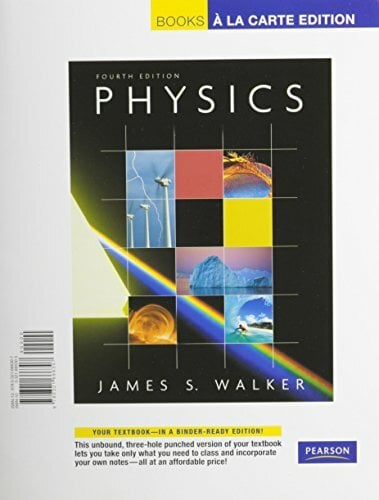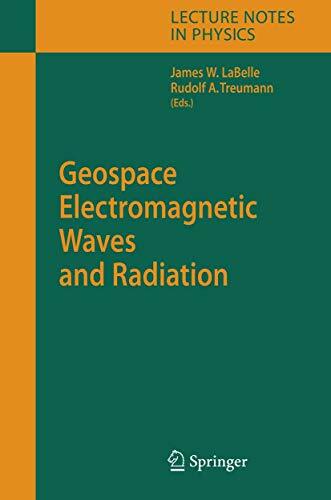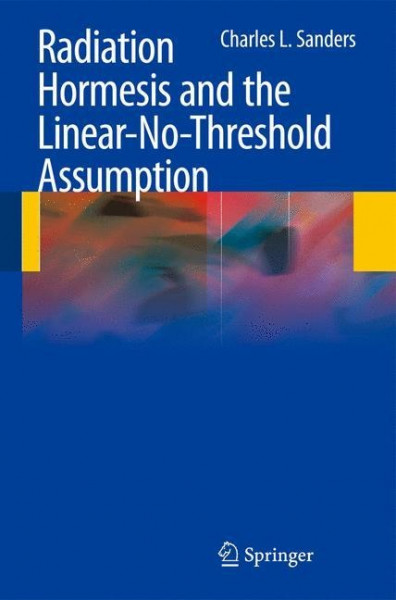
Radiation Hormesis and the Linear-No-Threshold Assumption
Kurzinformation
inkl. MwSt. Versandinformationen
Artikel zZt. nicht lieferbar
Artikel zZt. nicht lieferbar

Beschreibung
Current radiation protection standards are based upon the application of the linear no-threshold (LNT) assumption, which considers that even very low doses of ionizing radiation can cause cancer. The radiation hormesis hypothesis, by contrast, proposes that low-dose ionizing radiation is beneficial. In this book, the author examines all facets of radiation hormesis in detail, including the history of the concept and mechanisms, and presents comprehensive, up-to-date reviews for major cancer types. It is explained how low-dose radiation can in fact decrease all-cause and all-cancer mortality and help to control metastatic cancer. Attention is also drawn to biases in epidemiological research when using the LNT assumption. The author shows how proponents of the LNT assumption consistently reject, manipulate, and deliberately ignore an overwhelming abundance of published data and falsely claim that no reliable data are available at doses of less than 100 mSv. von Sanders, Charles L.
Produktdetails

So garantieren wir Dir zu jeder Zeit Premiumqualität.
Über den Autor

- paperback
- 256 Seiten
- Erschienen 2003
- Wiley-VCH

- paperback
- 388 Seiten
- Erschienen 2011
- Lippincott Williams and Wil...

- Gebunden
- 743 Seiten
- Erschienen 2010
- Wiley-VCH

- Gebunden
- 320 Seiten
- Erschienen 2014
- Wiley-VCH

- Gebunden
- 213 Seiten
- Erschienen 2011
- Springer

- perfect -
- Erschienen 1999
- Karl F. Haug Fachbuchverlag,
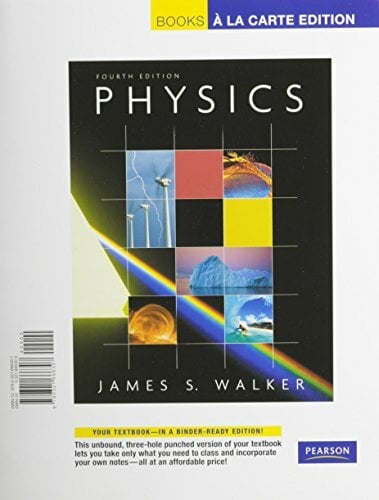
- paperback
- 680 Seiten
- Erschienen 2010
- Wiley-VCH

- Hardcover
- 392 Seiten
- Erschienen 2008
- World Scientific Publishing...

- Gebunden
- 2448 Seiten
- Erschienen 2018
- Lippincott Williams&Wilki
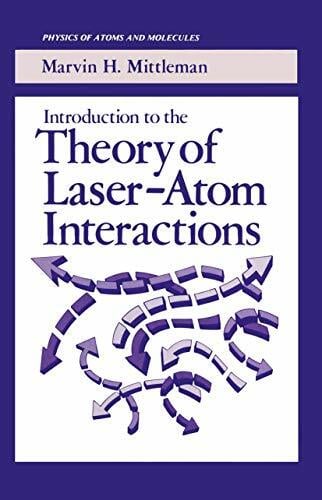
- hardcover
- 209 Seiten
- Erschienen 1982
- Springer

- hardcover
- 288 Seiten
- Erschienen 2022
- Springer





















